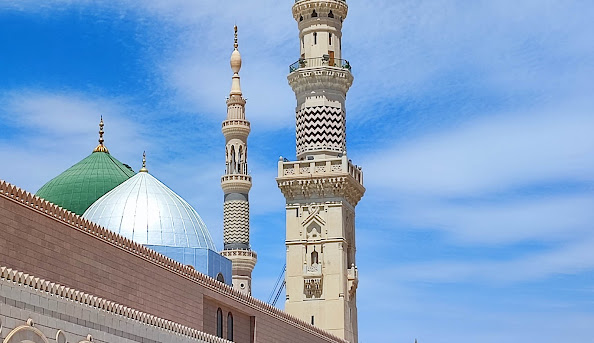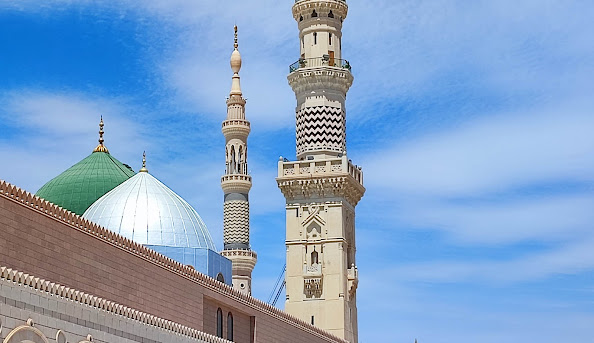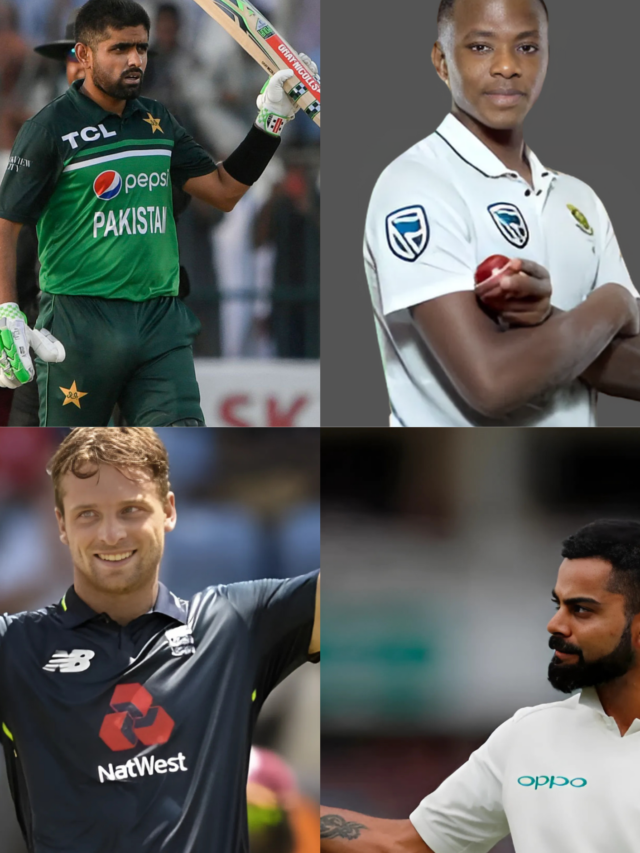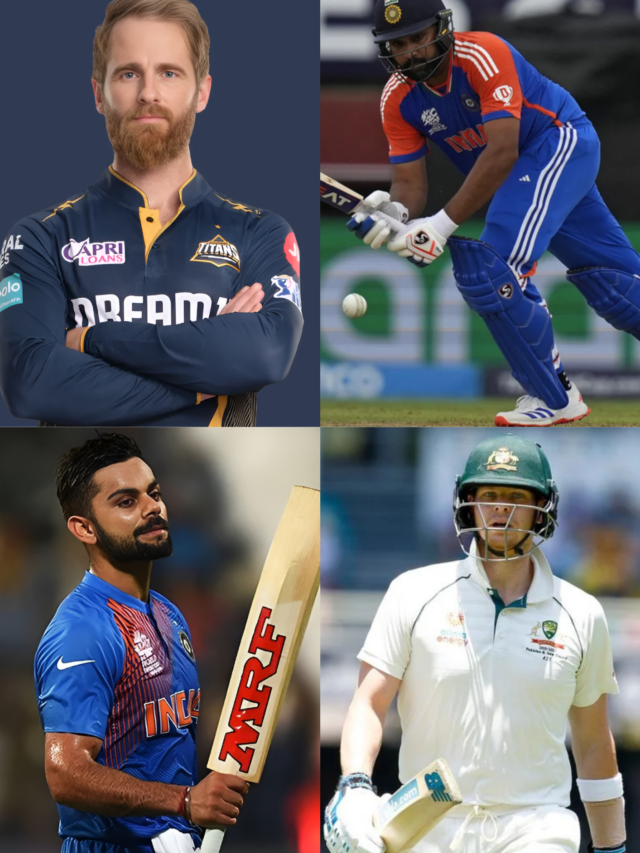Saudi Arabia, officially known as the Kingdom of Saudi Arabia (KSA), is one of the most influential and fascinating countries in the Middle East. Located on the Arabian Peninsula, it is known for its rich history, religious significance, vast oil reserves, and a rapidly evolving landscape in terms of both culture and economy. As a nation with deep-rooted traditions alongside modernization efforts, Saudi Arabia continues to shape global politics, business, and religion. In this article, we explore the key aspects of Saudi Arabia, its importance on the world stage, and how it is navigating the 21st century.

The Geographical and Cultural Landscape
Saudi Arabia is the largest country in the Arabian Peninsula, covering around 2.15 million square kilometers. Its landscape is dominated by vast deserts, including the Rub’ al Khali, or “Empty Quarter,” which is the largest continuous sand desert in the world. Despite its harsh desert environment, Saudi Arabia also boasts a number of coastal areas along the Red Sea and the Arabian Gulf, contributing to its strategic location as a hub for trade and cultural exchange.
Saudi culture is deeply intertwined with its Islamic heritage. As the birthplace of Islam, the country is home to the two holiest cities in the Islamic world, Mecca and Medina. Each year, millions of Muslims from around the globe travel to Mecca to perform the Hajj pilgrimage, a significant event that underscores the country’s religious prominence. The importance of religion in daily life is evident in the Kingdom’s laws, customs, and even in the daily rhythm of life, such as the call to prayer heard five times a day.
Political Structure and Governance
Saudi Arabia operates under a monarchy, with King Salman bin Abdulaziz Al Saud serving as the current monarch since 2015. The royal family, the House of Saud, has ruled the country since its establishment in 1932 by King Abdulaziz Al Saud. The governance system in Saudi Arabia is deeply rooted in Islamic law, specifically the Hanbali school of Sunni Islam. While the Kingdom does not have a formal constitution, the Quran and the Sunnah (traditions of the Prophet Muhammad) serve as the guiding principles for the country’s laws and governance.
The political system is highly centralized, with the King holding substantial power, although the Crown Prince plays a significant role in both domestic and international affairs. King Salman’s son, Crown Prince Mohammed bin Salman (commonly known as MBS), has garnered international attention for his ambitious vision of transforming Saudi Arabia, most notably through the “Vision 2030” initiative.
Vision 2030: A New Era for Saudi Arabia
In 2016, Crown Prince Mohammed bin Salman unveiled Vision 2030, an ambitious plan to reduce Saudi Arabia’s dependence on oil and diversify its economy. The plan includes the development of non-oil sectors such as entertainment, tourism, technology, and renewable energy. A centerpiece of this vision is the city of Neom, a futuristic megacity being built along the Red Sea coast, which is expected to become a global hub for innovation, sustainability, and technology.
One of the boldest aspects of Vision 2030 is the push for social and cultural reforms. Over the past few years, Saudi Arabia has made significant strides in expanding women’s rights, allowing women to drive, participate more in the workforce, and take on leadership roles. Additionally, there has been an opening up of the entertainment sector, with concerts, sporting events, and cinemas being allowed for the first time in decades.
The Vision 2030 initiative also focuses on enhancing the Kingdom’s role in global markets, positioning Saudi Arabia as a key player in sectors such as green energy, finance, and tourism. This includes the opening of the country to international tourists with the introduction of a new tourist visa in 2019, allowing people from various countries to experience Saudi Arabia’s historical and natural attractions.
The Economy: Oil Wealth and Diversification
Saudi Arabia’s economy has long been tied to its vast oil reserves, which are among the largest in the world. Oil accounts for roughly 87% of the country’s budget revenue and around 90% of export earnings. The country’s wealth from oil has helped fuel massive infrastructure projects and economic development over the decades.
However, the country has recognized the need to diversify its economy, and this has become the cornerstone of Vision 2030. As the global push for renewable energy grows, Saudi Arabia is investing in alternative energy sources, including solar and wind power. Moreover, the country is exploring new industries like tourism, entertainment, and technology to ensure its long-term economic sustainability.
In 2019, the Saudi government took steps to partially privatize Aramco, the state-owned oil giant, by listing a portion of the company’s shares on the stock market. This was a major financial move designed to raise capital for the diversification projects laid out in Vision 2030.
Challenges and Controversies
Despite its progress and ambitious plans, Saudi Arabia faces significant challenges. One of the most pressing issues is its human rights record. While the country has made strides in social reforms, it still faces criticism from international human rights organizations for its restrictions on freedom of expression, gender equality, and political freedoms. The murder of journalist Jamal Khashoggi in 2018 brought global attention to the Kingdom’s human rights practices, leading to a significant diplomatic fallout.
Furthermore, Saudi Arabia’s involvement in the ongoing conflict in Yemen has drawn international criticism. The war, which began in 2015, has resulted in a humanitarian crisis, with thousands of civilians killed and millions displaced.
Conclusion
Saudi Arabia is a country of immense historical, religious, and economic significance. It is a key player in the Middle East and the wider global landscape, with its vast oil reserves, strategic location, and growing ambitions for modernization. The ongoing efforts under Vision 2030 to diversify the economy and introduce social reforms signal a new era for the Kingdom. However, challenges related to human rights and geopolitical tensions remain. As Saudi Arabia continues to evolve, the world will be watching closely to see how it balances tradition with modernization in the years to come.
In conclusion, Saudi Arabia’s journey towards modernization and diversification will undoubtedly shape the future of the Middle East and its role in global affairs.

























